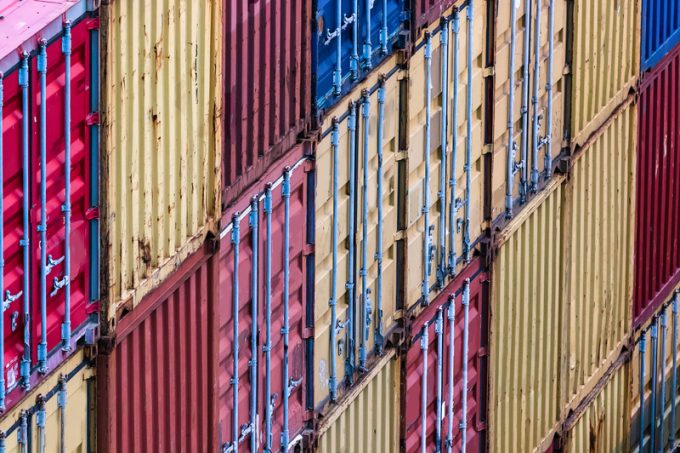Warning of increased cyber threat to western supply chain players
Nato governments have issued a joint notice warning of increased threat to western logistics from ...

Fiata has recommended forwarders don’t pay surcharges for containers that have not been cleaned or maintained, and that they charge shipping lines for any costs incurred as a result of poor quality boxes.
The fightback against container lines comes via a new “Best Practice” handbook, which argues that forwarders ...

Comment on this article
Martyn Benson
April 03, 2019 at 2:42 pmAfter more than 40 years in eight container liner operators I can safely say that FIATA and shippers/consignees only need to look themselves honestly in the mirror and ask themselves why the containers are dirty or damaged in the first place?
Could it be that many consignees use the container as a garbage basket to dispose of all their old packing material, tyres, hazardous waste, etc? Could it be that shippers are not securing cargo adequately such that packages shift and will cause bowing to sidewall panels? Could it be that nails used to block cargo are not removed after emptying? Could it be that consignees don’t clean or sweep any residues or clean the oil leaks left on the floor by their FLTs? Could it be that hasty pallet jacks and FLT drivers are banging the roof of the container or the sides in their rush to empty cargo………I could continue with a book of real world examples and, in my own experience a shipping line will usually give fair warning and advice before sending out the invoices.
Sadly, there are too many customers who abuse the privilege of a container usage and take no responsibility to return the unit in the same condition it was presented for loading. Remember, a shipper will reject a dirty or damaged box, so it is unlikely that a container will be damaged or dirtied by anything other than an external handling / stevedoring incident or by the last cargo user.